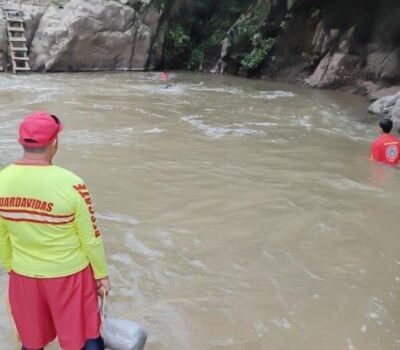Two Canadians — one of them sought by Interpol — have been found dead of knife wounds in Mexico’s Caribbean coast resort of Playa del Carmen, the state prosecutor’s office said Tuesday. Prosecutors in Quintana Roo state, also home to resorts like Cancun and Tulum, said the man and the…












